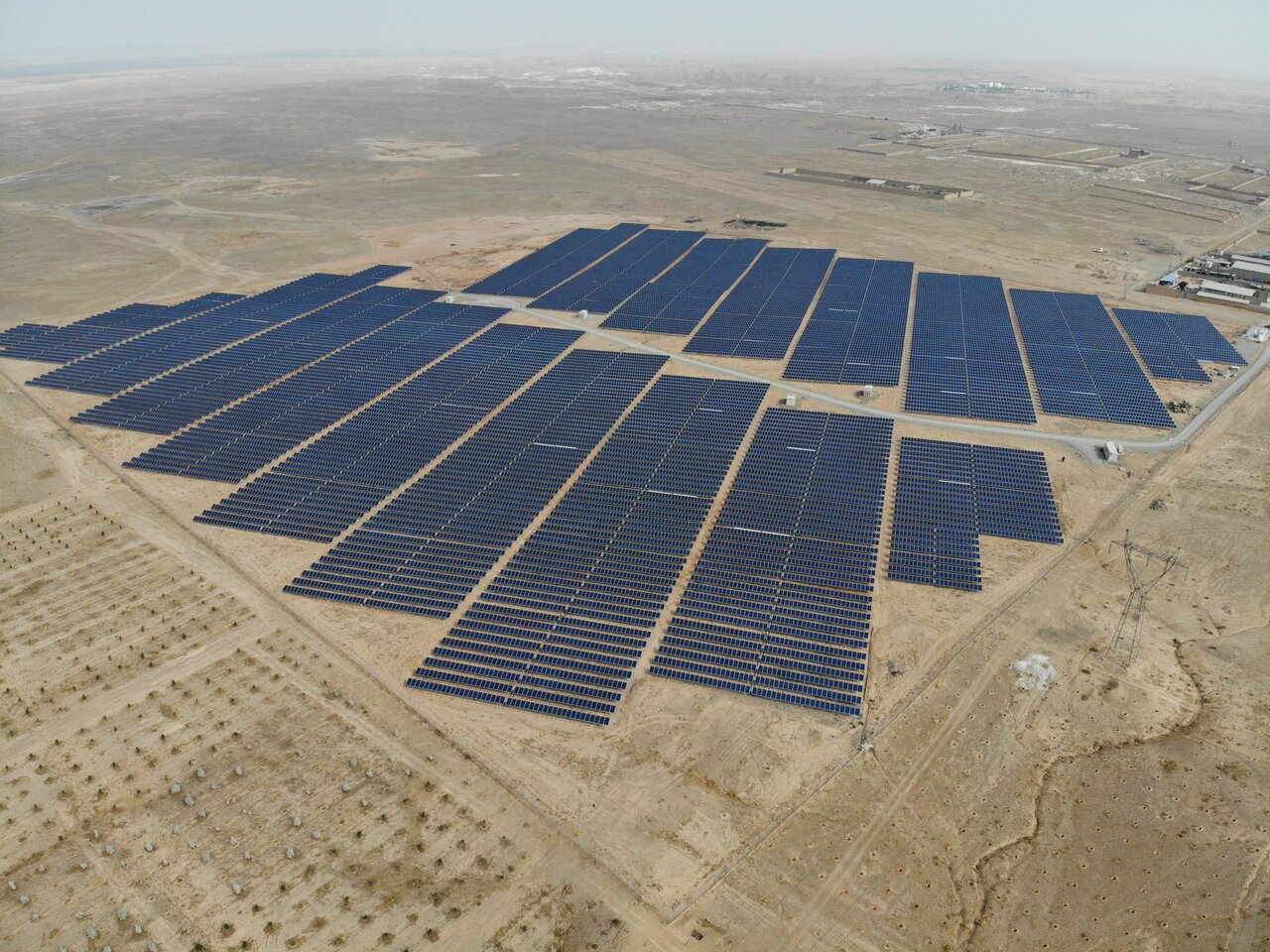Pezeshkian inaugurates 250MW of new solar power plants across Iran

TEHRAN – President Masoud Pezeshkian inaugurated 250 megawatts (MW) of new solar power plants across the country via a video conference, and ordered the beginning of the construction on another 400 MW project in Tehran on Saturday.
According to the Renewable Energy and Energy Efficiency Organization (SATBA), these developments will bring Iran’s total renewable energy capacity to 2,550 MW, marking a major milestone in the nation’s transition toward sustainable energy.
Out of the new projects, 238 MW are large-scale solar plants across 12 provinces, while 22 MW consist of small-scale rooftop systems.
These facilities were built through private sector investment alongside financing from the National Development Fund and domestic banks, representing a total investment exceeding 75 trillion rials (about $150 million).
In early September, Iran’s Renewable Energy and Energy Efficiency Organization (SATBA) signed a memorandum of understanding (MOU) with the Organization of Municipalities and Rural Administrations to develop small-scale renewable power plants of up to three megawatts in rural areas.
The MOU was signed by Masoud Nosrati, deputy interior minister and head of the municipalities organization, and Mohsen Tarztalab, deputy energy minister and head of SATBA. It aims to provide rural administrations, cooperatives, and unions with a framework to establish renewable power plants and sell electricity under long-term contracts.
Under the deal, SATBA will support projects through guaranteed power purchase agreements of up to 20 years, as well as alternative investment models including electricity sales on the Iran Energy Exchange and barter mechanisms.
SATBA will also introduce solar and wind potential maps to guide investors, coordinate with local power distribution companies to ensure grid connection, and provide a list of qualified contractors across provinces.
The municipalities organization will promote SATBA’s priority projects among local stakeholders, identify suitable sites for development, and encourage rural cooperatives and communities to invest in renewable generation. It will also help facilitate access to low-interest financing from partner banks.
The memorandum also covers oversight of project implementation, technical training for operators, and long-term management of renewable power plants in villages.
EF/MA
Leave a Comment